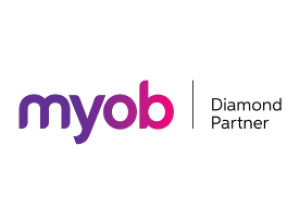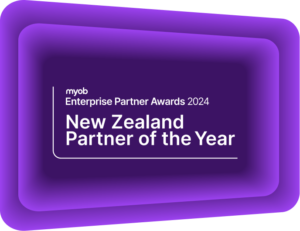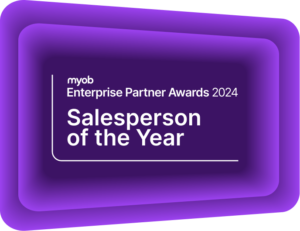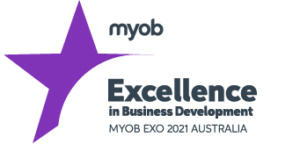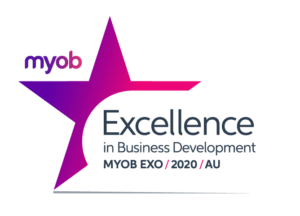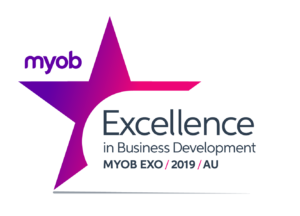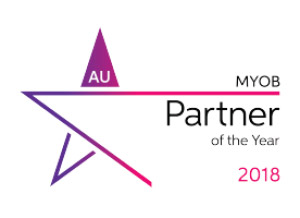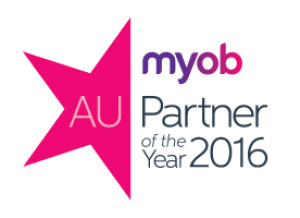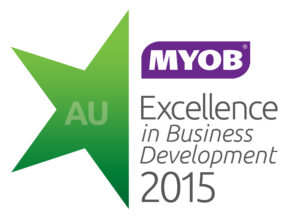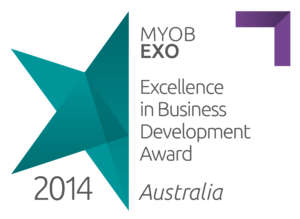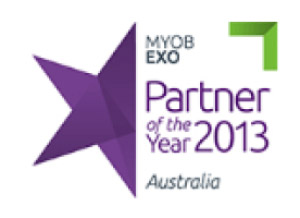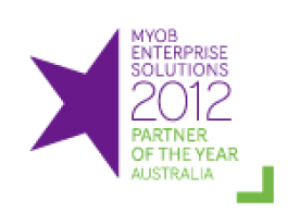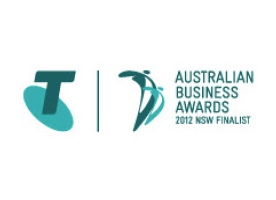What to Consider when Offshore is on the Agenda
A simple guide on offshoring your business“Offshore” is one of the most emotionally charged words in business. After all, it can mean job losses, customer backlash, and a drop in employee morale. But with all that said, there’s hardly an enterprise in Australia that isn’t at least considering the option of offshoring one function or another – with good reason. Offshoring typically offers more than 50% cost savings and provides easy access to a highly educated talent pool.
What sort of functions are suitable to offshoring?
Finance and Accounting (F&A) is one of the most popular business functions offshored. This often starts with payroll processing or accounts receivable/accounts payable management and, over time, progresses up the value chain to tax, financial reporting and budgeting.
Typically it’s the “grunt work”, rather than strategic functions, that are best offshored in the first instance. For example, while accounting firms are best suited to managing their client relationships and complex matters directly, the “easy stuff” (eg. BAS preparation and lodgement or bank reconciliation) can be offshored with significant savings.
For a mid-to-large enterprise, debt collections is often a good candidate for offshoring. There are numerous vendors which operate on a pure performance basis, just as in Australia, providing surety around collections outcomes. Where customer interaction is involved, accent and spoken English skills are critical, and this can impact location choice (see below).
The business case
Like any strategic business initiative, offshoring should not be a rushed decision and requires a business case, identifying all the pros and cons. The advantages typically highlighted are:
- Large cost savings – Depending on which country you outsource to, you can enjoy cost savings of between 25% and 70% due to labour arbitrage. In addition, there is a reduction in CAPEX as you are leveraging a third party’s infrastructure and technology.
- Access to a vast talent pool – If you’re struggling to find the right skillset locally, you can tap into the world’s vast English-speaking labour pool, stretching from Australia to New Zealand, Fiji, India, Sri Lanka, the Philippines, South Africa and beyond.
- Reduced admin and HR burden – your business can spend more time and resource getting close to customers, innovating and strategising, while daily tasks and HR headaches are taken off your shoulders.
- Increased agility – Offshore workforces can be ramped up and down in accordance with your changing business needs, with no investment in computers, phones or other assets.
- Stronger accountability – if operations are external (financial penalties are negotiated upfront if service levels are not achieved)
The disadvantages of offshoring should be addressed through risk management planning, and specialist offshore consultants can assist with this planning to avoid costly mistakes. The disadvantages include:
- Talent and time required for vendor management
- Formal change request procedures may be an impediment to piloting new initiatives on the fly
- Many outsourcing partnerships fail due to inexperience in sourcing and managing the offshore partner
- Alienation of customers if the offshored work involves voice interaction
- Language and cultural differences may lead to misunderstanding of requirements and expectations
- Impact on employee lifestyle (offshoring may involve extended travel and calls after-hours, particularly in the transition phase).
What operating models are available offshore?
Historically, most companies have gone offshore by outsourcing to a third party responsible for end-to-end management of services against an agreed KPI framework. At the other end of the spectrum are large companies that have set up their own, locally incorporated operations offshore – known as “captives”. Increasingly popular is a hybrid option known as staff leasing.
- Traditional outsourcing
The most common operating model offshore is business process outsourcing (BPO). Australian businesses are spoilt for choice with BPO vendors, however it’s important to cut through the hundreds of options by clearly defining your criteria. For example, Matchboard only recommends vendors who are (a) highly rated by other Australian clients, and (b) have a sales representative or account management presence on the ground in Australia. Pricing is often per hour per FTE or per transaction in this model.
- Staff leasing, or Co-sourcing
This is where you work with a third party to establish an optimal mix of their services and people and yours. For example, you may directly manage the workforce, but the third party would provide the infrastructure and shared support services, such as payroll processing and IT desktop support. The staff leasing model is more suitable if you like having full control – you can interview and select the people you want working on your business; you can implement your own KPIs and training. The other key advantage of this model is that it’s cheaper than traditional outsourcing, as it’s not a turn-key solution where the outsourcer has accountability for the staff’s performance.
Location, location, location
Before thinking about vendors, choosing the right location offshore is paramount to success. Our top 10 considerations for location are:
- Cost (including exchange rate volatility, speed to competency)
- Business goals
- Accent (if applicable)
- Type of work
- Workforce (size, availability, calibre)
- Infrastructure
- Hours of operation
- Climate (politics, natural disasters)
- Accessibility (proximity, direct flights)
- Australian representation
With foreign currency movements and changes in leadership in different countries, the location matrix is ever-evolving. For example, some businesses have become nervous about outsourcing to the world’s largest BPO destination, the Philippines, due to the controversial stance of its President Rodrigo Duterte. Emerging, lesser known destinations with a focus on F&A outsourcing include Sri Lanka, Fiji and South Africa.
If you’re unsure where to start, or would like to discuss vendor or location options, please contact Matchboard for some friendly assistance.
This article was provided by Sharon Melamed – Managing Director of Matchboard, one of our valued partners. Matchboard is a free online matching service which allows you to quickly and easily find the right-match suppliers for your needs. Sharon is a BPO industry veteran, having spent 20+ years in the US, Japan and Australia, helping hundreds of clients set up front and back office operations in global markets.
If you have any enquiries, give us a call on 1300 857 464 (AU) or 0800 436 774 (NZ), or send us an email at sales@kilimanjaro-consulting.com.

